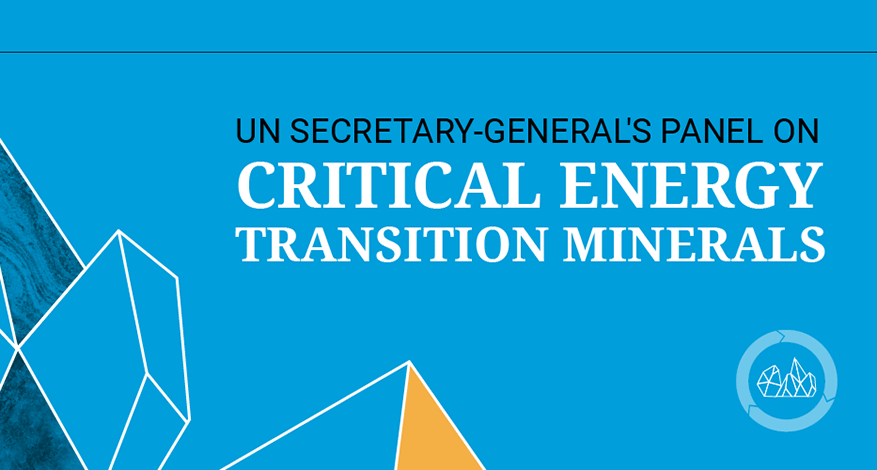Reflections on the Webinar: How Steel and Mining Standards Can Support a Just Transition
The urgency to decarbonize industries like mining and steel is stronger than ever. Around the world, governments, businesses, and investors are racing to reduce emissions and meet climate targets. But amid this urgency, there is an equally important question; how do we make sure that the communities and workers most affected by these transitions are not left behind? For workers, communities, and Indigenous Peoples, the shift to low-carbon economies can bring uncertainty as well as opportunity. Without deliberate action, there’s a real risk that many will be left behind, displaced by job losses, or burdened by the impacts of change without sharing in the benefits.
This is where Voluntary Sustainability Standards (VSSs) like IRMA’s Standard for Responsible Mining play an essential role. They help translate “just transition” into concrete action by setting clear expectations and guidance for companies, creating accountability mechanisms that allow workers and communities to raise concerns and seek remedies, and providing support to protect the rights and livelihoods of those most affected. In doing so, VSSs help ensure that transitions are not only fast but also center justice at the heart of climate targets.
Earlier this month, IRMA and ResponsibleSteel co-hosted a webinar to share the findings of our joint project on how voluntary sustainability standards (VSSs) can support just transition in the mining and steel sectors.
The project drew on an extensive literature review, more than 30 in-depth interviews, and two multi-stakeholder workshops in Johannesburg and Brussels. Perspectives came from organized labour, affected communities, Indigenous Rights Holders, mining companies, steelmakers, civil society, and supply chain actors.
Setting the stage
ResponsibleSteel CEO Annie Heaton opened the webinar with a reminder of the urgency of the moment. Decarbonisation, automation, and digitalisation are reshaping industries at speed, but workers and communities risk being left behind:
“This isn’t just about how fast we hit climate targets,” she said. “It’s about how well we protect workers, communities, and the environment along the way.”
IRMA’s Executive Director, Amy Boulanger, followed with a reminder of our shared reliance on mining:
“Every phone, car, and building depends on it,” she said. “The question is: how do we create value for responsibility, not just extraction? There is no supply chain security without community consent.”
What we heard from stakeholders
The engagement process brought a diverse range of perspectives, but several clear themes stood out:
- Justice is the foundation, not an add-on. Justice must sit at the heart of transitions.
- Social dialogue must be meaningful. Too often, workers and communities are consulted too late, with little influence on outcomes.
- Reskilling must connect to real opportunities. As one labour representative put it: “Reskilling is the headline, but redeployment is the lifeline.”
- Indigenous Peoples must be partners. Rights to self-determination and Free, Prior and Informed Consent must be respected in practice, not just principle.
We also heard about “tick-box” stakeholder engagement and training programmes that fail to lead to decent work. Indigenous Rights Holders in particular challenged the framing of just transition:
“Our way of life is already sustainable, yet we carry the heaviest burdens.”
A framework for action
To translate these insights into practice, IRMA and ResponsibleSteel developed a framework of nine principles and 52 criteria, structured around four pillars: rights and equity, procedural justice, distributive justice, and restorative justice.
Divergent views
Not all questions were resolved. There was significant debate on whether VSSs should define “just transition” and whether historical reparations should be part of the agenda. Some stakeholders argued that justice cannot be separated from history, while others cautioned that reparations could stretch standards beyond their mandate. What is clear is that these tensions cannot be ignored by VSSs, and that transparency and context-specific approaches are essential.
Recommendations for VSSs
The project also identified five priority recommendations for voluntary sustainability standards:
- Ensure transparent, inclusive governance.
- Co-develop principles and requirements with affected communities, workers, Indigenous Rights Holders, civil society, and business.
- Provide practical implementation support to companies.
- Strengthen assurance systems so that audits reflect the lived realities of workers and affected communities.
- Collaboration with governments, peer standards, labour, and civil society on just transition is key.
For IRMA, the next steps are clear:
Our Standard revision is currently underway, with public comment open until 22 October. As part of this process, we are engaging Expert Advisors on Climate Action to carry the just transition work forward. We will also continue strengthening the Standard in direct response to the challenges raised by workers, communities, Indigenous Rights Holders, and other stakeholders. In addition, new auditor training is being developed to ensure that the lived realities of workers and communities are fully reflected in assurance.
For ResponsibleSteel, the focus is on integrating just transition into its standard revision through a multi-stakeholder working group and a 60-day public consultation later this year.
Final reflections
The project showed both the urgency and complexity of just transition. Voluntary standards cannot solve every challenge, but they can provide the frameworks, accountability, and assurance needed to guide transitions responsibly.
This project was made possible thanks to a grant from the ISEAL Innovations Fund, which is supported by the Swiss State Secretariat for Economic Affairs SECO.

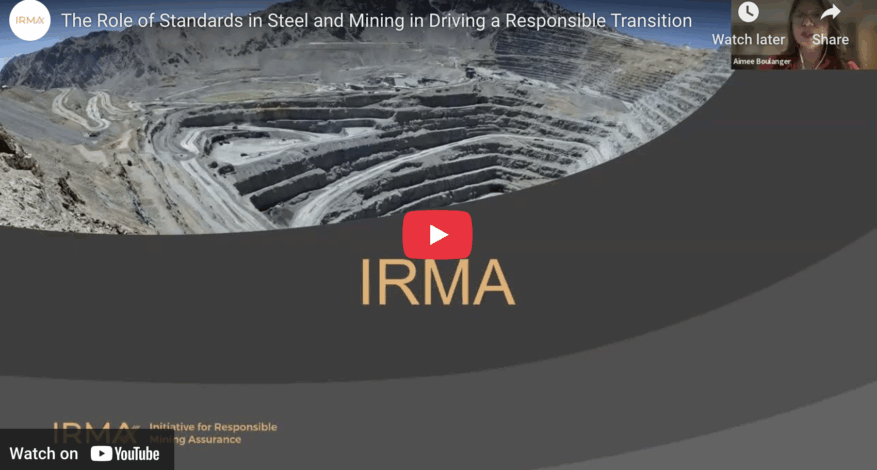
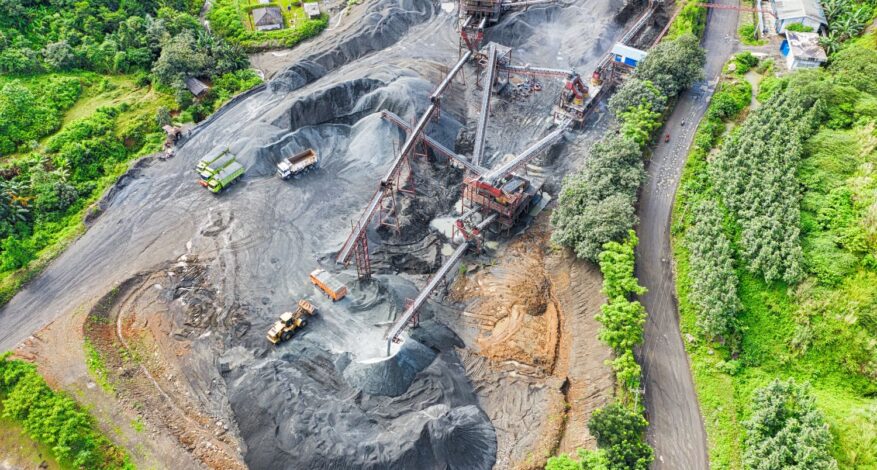

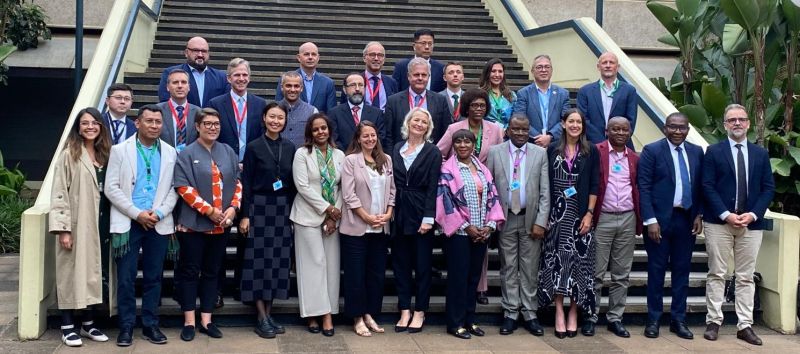
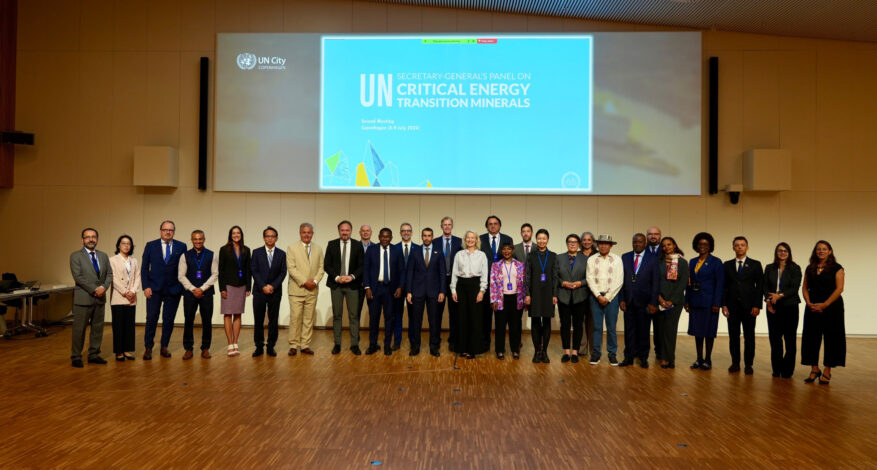
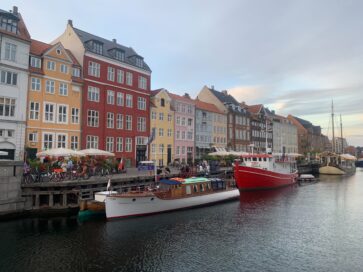 Input Requested by 30 July to Inform the UN Secretary-General’s Panel on Critical Energy Transition Minerals
Input Requested by 30 July to Inform the UN Secretary-General’s Panel on Critical Energy Transition Minerals